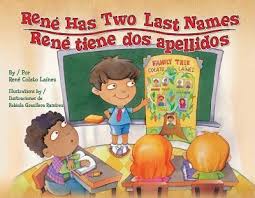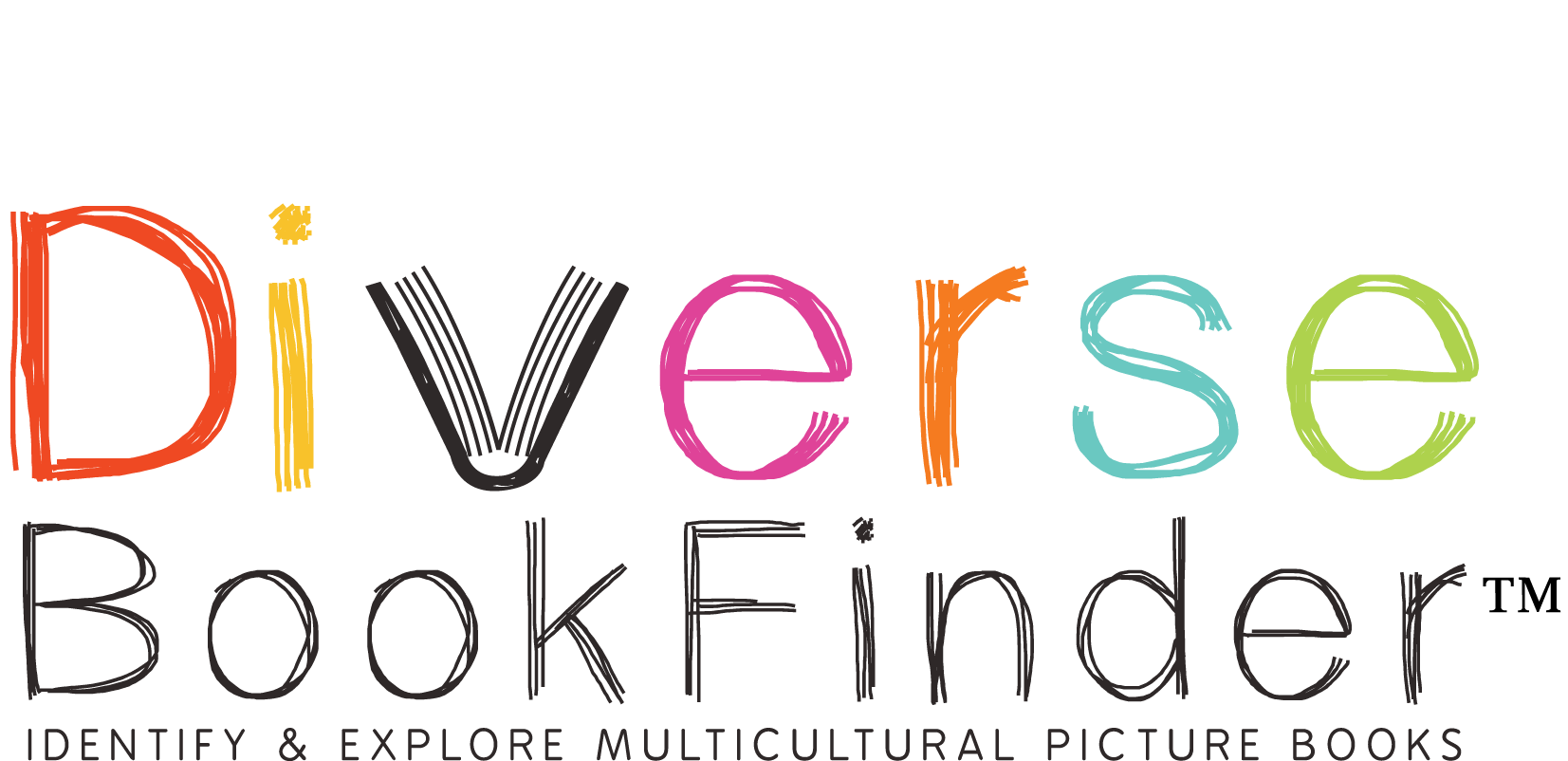Amy George (maiden name: Villagomez) is an MLIS graduate student at the University of Maryland with a focus on diversity and inclusion and a current intern at the Diverse BookFinder.
Illustration by Thao Lam from Thao.
Back to school is around the corner and as a parent I am nostalgic for buying school supplies and new clothes. But I’m also reminded of one experience that I always dreaded on the first day of the school year: Roll Call. Once we found our assigned seats and the bell rang, my anxiety started as my teacher would begin calling out our names in alphabetical order by last name. Mine starting with a "V" was always close to the end. It would usually go something like this:
“Amy Villa….Villa...Oh, I’m not even gonna try.”
“That’s okay, it's Villagomez.”
“Oh I don’t think I’ll ever get that right.”
Or:
“Amy Gomez?”
“It’s actually Villagomez, all one word.”
And one memorable time:
“Amy Veeylagomez.”
“Here. I actually pronounce it Villagomez.”
“In Spanish it’s pronounced veela.”
“I know, but my family just says Villa. I don’t speak Spanish.”
“Well, you are saying it wrong.”
“It’s my name, so…”
At the time it felt like I was alone in this experience: People struggling with the pronunciation of my name. My being required to share personal family history in order to have my name make sense to this stranger who has a great amount of power and control over my school life. Having teachers comment on the way my name was pronounced or how unpronounceable it was, giving public permission to my classmates to make the same kinds of comments.
My feelings ranged from incredulity, anger, frustration, and wanting to say, "Sound it out," but refraining because I knew that I could not be disrespectful to a teacher regardless of their disrespectful manners towards me. I always felt alone and singled out year after year, even when there were other students who experienced something similar. All we could do was nod at each other as this ritual was repeated with each new instructor. At best we were alone, together.
There was no language for what we were experiencing, nothing addressing what is now so easily referred to as a micro aggression. Learning this language as an adult was so liberating, and having discussions about how these small hurts repeated again and again have a lasting impact is so helpful now. I wish I had that then. As an adult I know now that I am not alone in this experience, that many students share(d) this discomfort.
I would have benefitted from books and media that addressed this experience, that told me I wasn’t alone. I applied to work with Diverse Book Finder because I felt that I needed these books when I was a child.
Diversity was not as big of a trend in education at the time. Even if books about names were written, I did not have access to them through my education. My parents would have had trouble finding them on their own. Our goal is not only to collect books that feature diversity but also to provide access to those titles. I am comforted knowing that children today have more media that explores and contextualizes these fraught experiences and micro aggressions. I am thrilled to be working to help make titles like the ones below more accessible to librarians, educators and parents.
Here are some books from our collection that explore and celebrate names and all they say about who we are:

Your Name Is a Song
"Frustrated by a day full of teachers and classmates mispronouncing her beautiful name, a little girl tells her mother she never wants to come back to school. In response, the girl's mother teaches her about the musicality of African, Asian, Black-American, Latinx, and Middle Eastern names on their lyrical walk home through the city. Empowered by this newfound understanding, the young girl is ready to return the next day to share her knowledge with her class. Your Name is a Song is a celebration to remind all of us about the beauty, history, and magic behind names. Your Name is a Song includes back matter perfect for parents, educators, caregivers, and young readers who want to learn more about the names featured in the story. The "Glossary of Names" lists each name’s meaning, origin, and pronunciation. Additionally, readers can use a listed link to access an online video of the author pronouncing all the names in the book." -- publisher

My name is Bilal
When Bilal and his sister transfer to a school where they are the only Muslims, they must learn how to fit in while staying true to their beliefs and heritage

My name is Sangoel
As a refugee from Sudan to the United States, Sangoel is frustrated that no one can pronounce his name correctly until he finds a clever way to solve the problem

René has two last names / René tiene dos apellidos
In this story based on the author's childhood, a young Salvadoran immigrant is teased for having two last names until he presents his family tree project celebrating his heritage

Always Anjali
Anjali and her friends are excited to get matching personalized license plates for their bikes. But Anjali can't find her name. To make matters worse, she gets bullied for her "different" name, and is so upset she demands to change.--Back cover
Coming Soon to the Collection:

